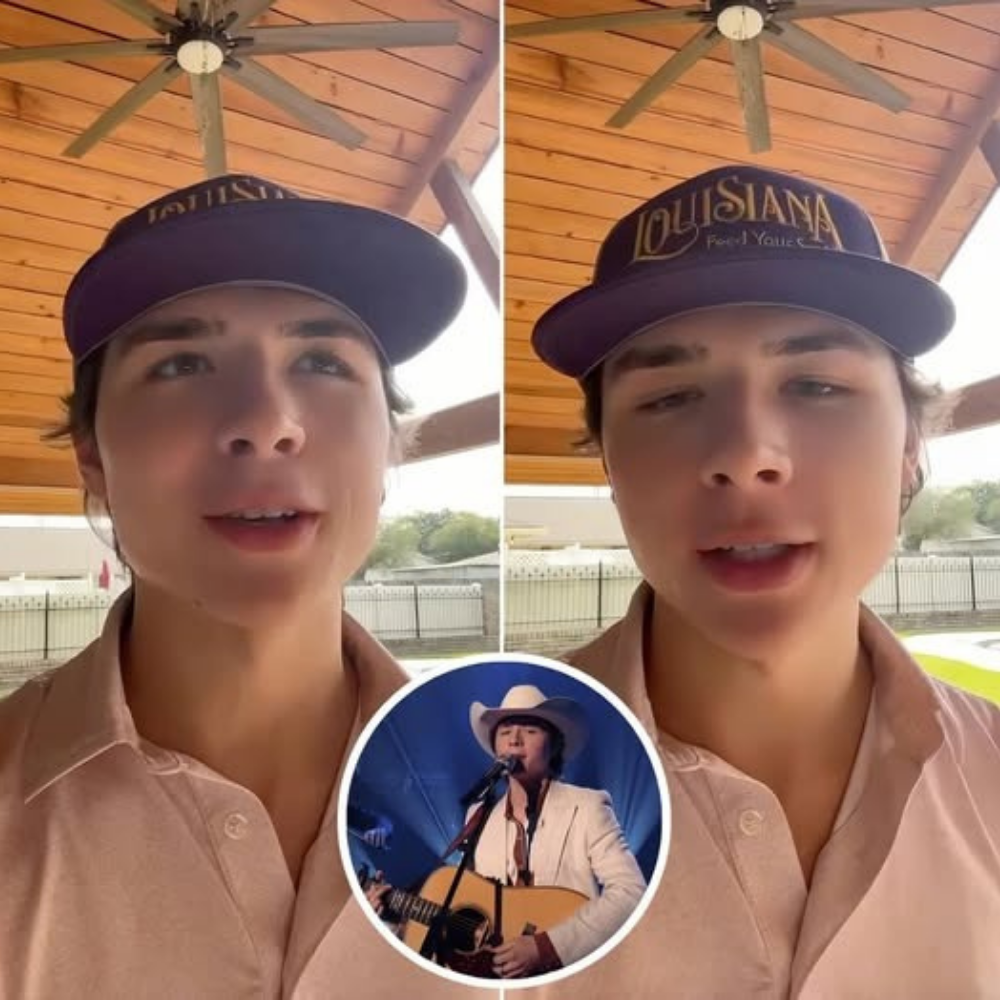In a recent outburst, Daz Dillinger, the influential rapper and producer, has taken aim at Dr. Dre, Suge Knight, and Death Row Records, reigniting tensions that have simmered for decades. Speaking candidly in a podcast interview, Dillinger revealed his frustrations over unpaid royalties and the ongoing issues surrounding his contracts with Death Row, which he claims have been unfairly upheld despite a court judgment that voided them.
 Dillinger, known for his work on iconic albums like “The Chronic,” expressed his disbelief that after 31 years, he is still fighting for what he believes is rightfully his. He stated, “I got so much paperwork that is going from this company… I just put in my copyright reversion and it all comes back to me. It’s about that time.” This comment underscores his determination to reclaim ownership of his music, which he argues has been mishandled by the label.
Dillinger, known for his work on iconic albums like “The Chronic,” expressed his disbelief that after 31 years, he is still fighting for what he believes is rightfully his. He stated, “I got so much paperwork that is going from this company… I just put in my copyright reversion and it all comes back to me. It’s about that time.” This comment underscores his determination to reclaim ownership of his music, which he argues has been mishandled by the label.
The rapper’s grievances are not only personal but also highlight a broader issue within the music industry regarding artist rights and financial transparency. Dillinger stressed that many artists do not live to see the day they can reclaim their music, emphasizing the urgency of his situation. He reaffirmed his commitment to pursuing the royalties he is owed, stating, “I want my other 50%… y’all on the time limit.”
In an Instagram post that coincided with the 31st anniversary of “The Chronic,” Dillinger called out Dr. Dre, questioning whether he and Interscope Records would “rob us like Death Row Records.” His message was clear: he intends to press the issue when the time comes, as he has only a few years left before the rights to his music revert back to him.
Dillinger’s revelations have sparked discussions about the historical treatment of artists in the hip-hop industry, particularly concerning contracts established during the early days of rap. He noted, “I’m the only that sued Death Row… I never enforced it because I was getting the money, but now I’m going to have to enforce it.” This statement reflects not only his personal struggle but also the challenges faced by many artists who feel marginalized by the very systems designed to support them.
As the music industry evolves, with increased access to information and greater awareness of artists’ rights, Dillinger’s story serves as a poignant reminder of the complexities involved in the business of music. With tensions between him, Dr. Dre, and Suge Knight reigniting, many are left wondering how this saga will unfold and what it means for the legacy of Death Row Records.
In the wake of Dillinger’s statements, there is speculation about how Dr. Dre and Snoop Dogg might respond. As the situation develops, fans and industry insiders alike are keenly observing how these long-standing rivalries will play out in the public eye. This incident not only highlights Dillinger’s fight for justice but also marks a significant moment in hip-hop history, as artists continue to seek accountability and recognition for their contributions to the genre.
